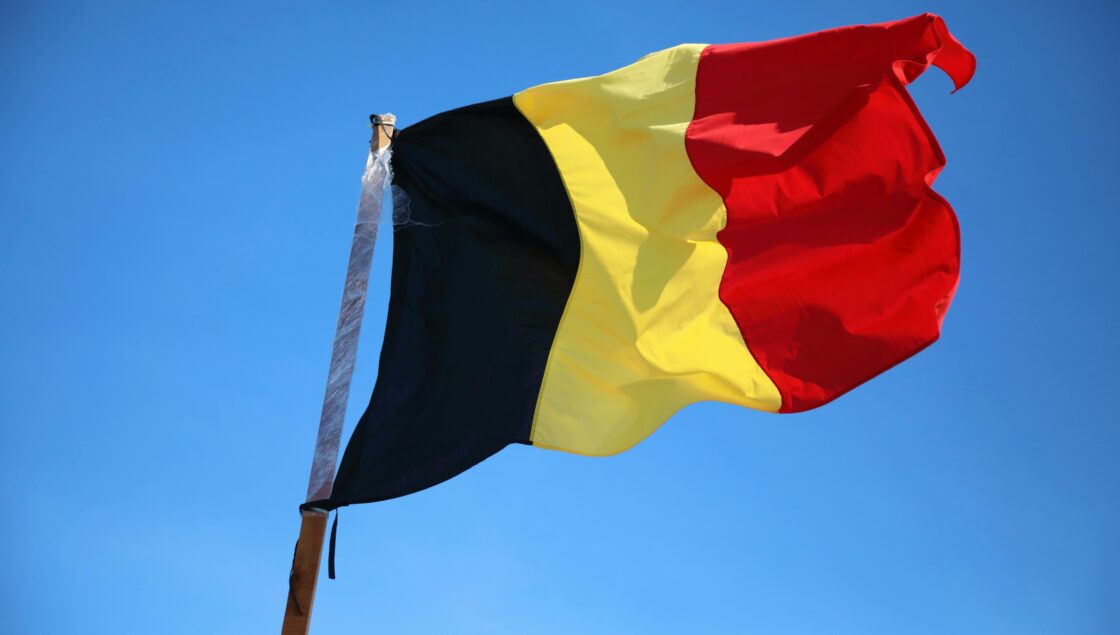Belgium Declares Loot Boxes Illegal Under Gambling Laws
The Belgian Gaming Commission has ruled that loot boxes in certain video games violate the country’s gambling laws. This move has significant implications for the gaming industry, particularly for publishers who rely on this monetization strategy.

Loot Boxes and Their Role in Modern Gaming
Loot boxes, which offer players randomized virtual rewards in exchange for real or in-game currency, have become a staple in the gaming industry.
They provide players with the chance to obtain special items, such as characters or equipment, often enhancing the player’s experience or competitive advantage.
However, the randomized nature of these digital crates has led to growing concerns about their similarities to gambling mechanisms, particularly in games with a “pay-to-win” structure.
Belgium’s Investigation into Loot Boxes
In response to concerns about the potential harms of loot boxes, the Belgian Gaming Commission conducted an investigation into four major video games: FIFA 18, Overwatch, Counter-Strike: Global Offensive, and Star Wars Battlefront II.
The investigation focused on how these games incorporated loot boxes and how players could purchase them using real money. The commission concluded that loot boxes violated gambling legislation due to their randomness and the use of virtual currencies that can be bought with actual money.
Consequences for Game Publishers
Following the ruling, game publishers are faced with a clear choice: either remove loot boxes from their games in the Belgian market or face significant penalties.
Non-compliance could lead to fines of up to €800,000 and prison sentences of up to five years. The decision has forced companies like Electronic Arts (EA), which heavily rely on loot box revenues, to reconsider their business models in Belgium.
EA, for instance, has expressed a willingness to engage in dialogue with Belgian authorities, though it denies that its games involve gambling.
Contrasting International Approaches to Loot Boxes
Belgium’s strict stance on loot boxes contrasts sharply with the positions of regulatory bodies in countries such as the UK and the US, where loot boxes have not been classified as gambling.
This divergence highlights the complexities of regulating in-game monetization practices, as different countries weigh the legal and ethical considerations in varying ways. T
he Belgian ruling, however, has been hailed by consumer protection advocates as a step forward in safeguarding minors and vulnerable players from potentially exploitative gaming practices.
Broader Implications for the Gaming Industry
The decision by the Belgian Gaming Commission has sparked a wider debate on the ethical implications of loot boxes and their potential impact on mental health, particularly for young players.
Critics argue that combining gambling-like mechanisms with gaming poses risks, especially for children, who may be more prone to developing addictive behaviors.
The ruling also raises questions about the future of virtual item trading in other popular games, with some industry experts suggesting that publishers may simply exit the Belgian market rather than comply.
A Potential Catalyst for Global Change
Belgium’s ruling could serve as a catalyst for broader regulatory changes in the global gaming industry.
As other countries take note, it is possible that new regulations aimed at curbing gambling-like practices in games will emerge.
This could lead to a more unified international approach to loot box regulation, ultimately reshaping how games are monetized and how players are protected from the potential harms of such mechanisms.
